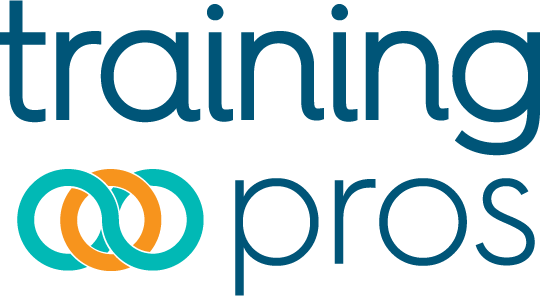Navigating the Last Stages of MDR Implementation
Q1’s 9th Semi-Annual EU Medical Device Regulatory Affairs Conference will cover multiple topics ranging from NB re-designation, to MDR uncertainties and more. The two-day program taking place September 18-19 in Brussels, BE will bring together expert speakers from competent authorities, notified bodies and the medical device industry. Erik Vollebregt, Founding Partner at Axon Lawyers will present a case study, “State of MDR Implementation and Related Guidance Release.” Read on to learn more about Vollebregt, his background and what he plans to cover.
1. Can you please give a brief description of your job title and what that entails?
I am one of the founding partners of Axon Lawyers, a niche law firm specializing in life sciences legal and regulatory work, which for us means medicinal products, medical devices, biotechnology and food. I do various types of work in these industries with a focus on medical technology. The work can be any regulatory question that someone may have, but it can also be the regulatory part of a large M&A deal and specific contracts. I litigate too, both between companies and between companies and the government. In that sense you could say I’m a weaponized consultant with special rights and privileges (legal privileges). I work very internationally and travel a lot. Since Europe is partially harmonized in the life sciences space but still very diverse, I work with a large network of other specialized law firms and consultants in Europe and outside.
2. Can you give a quick summary of your presentation: “Keynote: State of MDR
Implementation and Related Guidance Release”?
The transitional period for the MDR is almost over by now. It started on 25 May 2017, which seems a long time ago, and will end on 26 May 2020—next year already. The presentation will discuss where we are with the roll-out of the regulatory system under the MDR, because as you know the MDR needed a lot of additional things to be implemented for the regulation to be completely functional, such as re-accreditation of notified bodies under the MDR and the set-up of the Eudamed database. Also we were promised a lot of guidance by the CAMD back in 2017, of which basically none has materialized.
3. What do you hope participants will learn from your session?
I hope that participants will be equipped to better navigate the last stages of implementation of the MDR, and will have a better feel of where things are going and what to still count on to be delivered by the authorities. For the companies that are delaying implementation of the MDR in the company I hope to give them some perspective on how to move forward.
4. Why do you think it’s important that regulatory affairs professionals attend the EU Medical Device Regulatory Affairs Conference?
I think it’s important because of the opportunity to compare approaches to problems with implementation of the MDR and to exchange knowledge. Every company in the devices industry is trying to solve the same problems at the moment, so there is a lot that people can learn from each other. Also, it’s a good place to network. Regulatory professionals with a good knowledge of the MDR are worth their weight in gold at the moment. Companies should realize that—losing a crucial professional on an MDR project have severe consequences as you may not be able to replace that person at this time.
Access more information about Q1’s Semi-Annual EU Medical Device Regulatory Affairs Conference and reserve your spot at the program today.







0 Comments